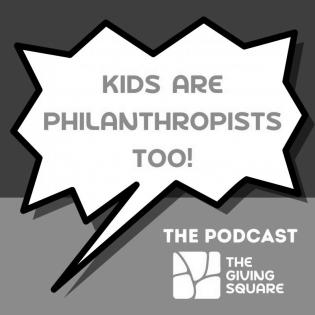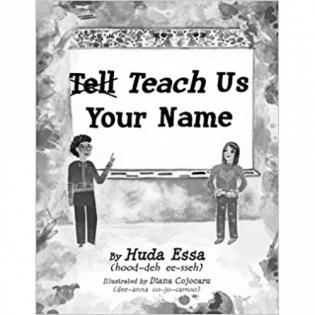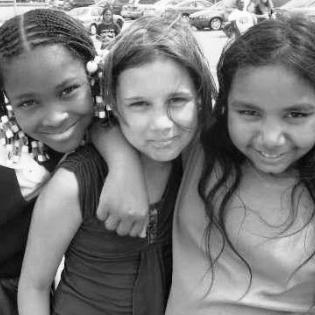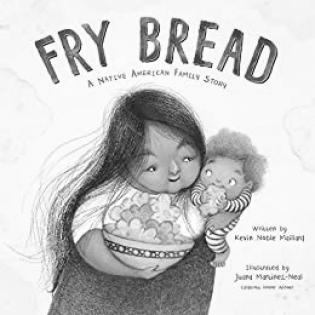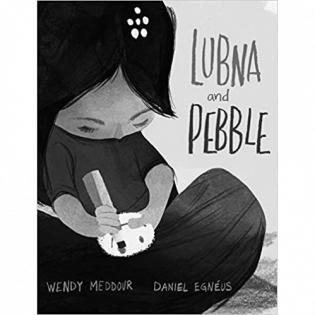Young people can be civic actors, philanthropists, and community builders...but only if we get out of their way! If we give youth the tools, permission, and support, they will make a positive impact on our families, schools, and communities, now and throughout their lives. This "Kids are Philanthropists, Too!" podcast and discussion guide is for people of all ages to explore important social challenges with kids as your guides.
Filter by subjects:
Filter by grades:
Filter by audience:
Filter by issue area:
Filter by content type:
Filter by resource type:
resource search
Names carry weight. Our name and where we are from is a large part of what makes us who we are. Many times a name is said wrong or shortened to make pronouncing it easier for us, but for the other person it feels as if we are dismissing them. The book is written by a Muslim author and features a child with a name that is difficult to pronounce that means "excellent guidance."
Learners learn the characteristics and impact of the nonprofit sector and distinguish it from the for-profit sector. They identify the mission statement in a familiar nonprofit organization.
Teach lessons that involve students in understanding patterns of bullying behavior and making plans to set up a more positive school culture. Student awareness of the issue can help reduce negative behaviors.
by Ashley Brooks
Definition
While this loving family makes traditional fry bread, we explore the sounds colors, flavors, and togetherness of a Native American family.
This set of activities guides young people to recognize the value they have and add to the community. Each person matters, and the universe needs the varied gifts and perspectives of all to survive.
Ignite meaningful action that lights up the world through "Service Sparks" youth projects! Spark a conversation about giving and generosity. Follow this simple guide to talk about generous action for the good of all. One conversation may spark another and spread generosity like ripples in the larger community. A great lead-up to the holidays and #GivingTuesday.
In this lesson, the learners tell stories of two events in history: a current event from their own point of view and an earlier significant event shared by an older friend or relative. They compare and evaluate how philanthropy responded to each event as well as how they each disrupted...
In this book, Lubna arrives as a refugee in a tent city after escaping an unknown place in the Middle East with her father. She faces confusion and loneliness while missing her family. Lubna finds comfort in talking to a pebble until she meets another friend. Her generosity when she finds a home and leaves her new friend is a touching example of the power of empathy and kindness.
